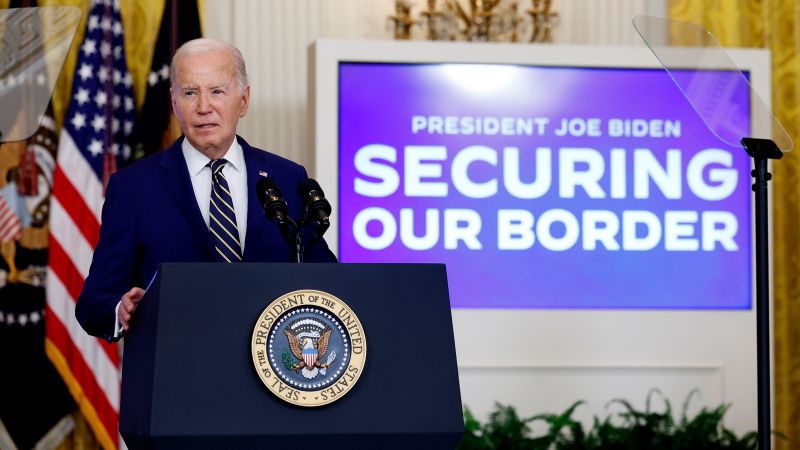President Joe Biden is making an effort to reach out to Republicans who are critical of former President Donald Trump. This effort includes appointing a national Republican engagement director, Austin Weatherford, and conducting focus groups to target voters such as Nikki Haley supporters and middle-of-the-road voters. Campaign aides have been engaging in conversations with frustrated Republicans and former members of Congress to seek their involvement in the campaign.
Efforts to engage anti-Trump Republicans include meetings with potential allies like Cassidy Hutchinson and consultation with former Trump administration officials who have turned on Trump. Plans are being made for Republican speakers at the Democratic convention, following a similar strategy as in 2020 when John Kasich and Cindy McCain were featured. The campaign is also seeking tailored outreach plans, high-profile endorsements, and support from veterans and law enforcement.
According to Jen O’Malley Dillon, Trump’s actions and leadership chaos will remind voters of the importance of electoral decisions. However, many anti-Trump Republicans remain hesitant to support Biden, feeling the need for him to earn their votes and expressing concerns about his positions on certain issues. Figures like Larry Hogan, Asa Hutchinson, and Todd Young have stated they will not vote for either candidate in the upcoming election.
Despite efforts from Biden’s campaign, some anti-Trump Republicans believe the Biden campaign is not reaching out to them effectively. They express concerns about the lack of options in the election and feel abandoned by their own party. There is also skepticism around Biden’s interest in sincere compromise and bipartisan policy-making. Republicans such as Christine Todd Whitman and Geoff Duncan see the elections as a chance to reset the Republican Party and bring back traditional values.
Former Presidents George H.W. Bush and George W. Bush have played roles in the political landscape, with the latter being seen as a potential voice of reason in the Republican Party. Although George W. Bush has refrained from direct political endorsements, he has made statements against Trump’s actions and behavior. Conversations about potential endorsements or support from Bush family members are ongoing, with some anti-Trump Republicans hoping for their influence in the party.
Overall, the 2024 elections represent a pivotal moment for anti-Trump Republicans and the future of the Republican Party. Efforts to engage these voters are ongoing, with hopes of achieving a shift away from Trumpism and towards a more traditional Republican ideology. The outcome of these efforts remains uncertain, as the campaign navigates the complexities of appealing to a diverse range of political perspectives within the Republican Party.


